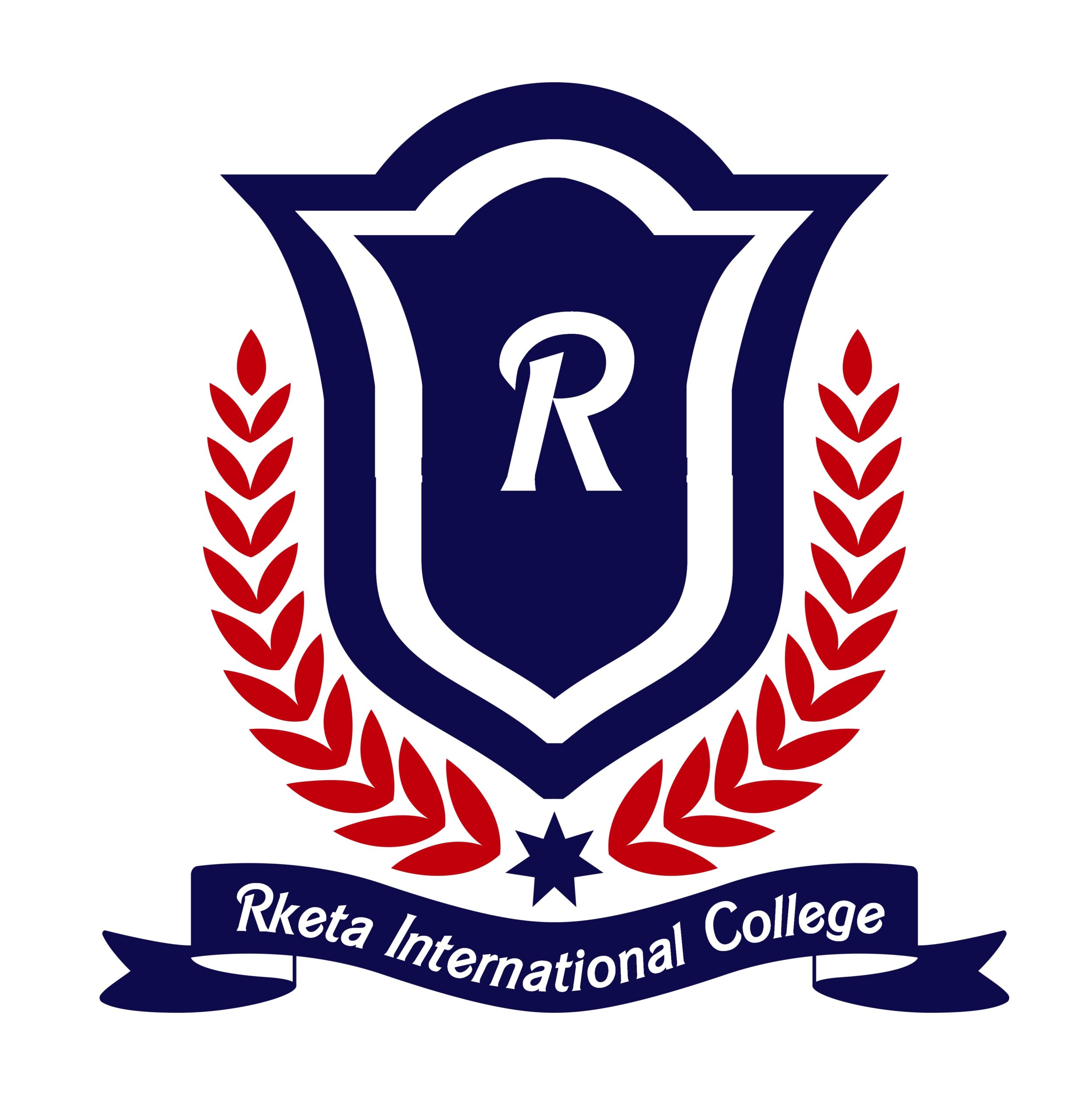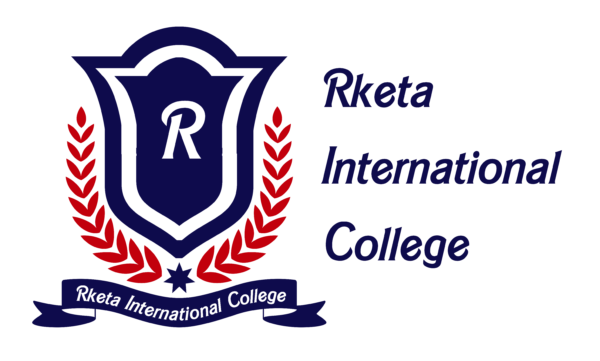Scientific Symposium: Youth Cultures in Flux
Original price was: 100,00 €.40,00 €Current price is: 40,00 €.
Rketa International College’s Scientific Symposium: Youth Cultures in Flux
*This symposium is directed to specialists and those interested in sociology and educational sciences
Description
Rketa International College’s Scientific Symposium: Youth Cultures in Flux
*This symposium is directed to specialists and those interested in sociology and educational sciences
🌍 Online Webinar | April 19, 2024, Friday
Register to attend the scientific symposium
If you want to participate and not just attend, contact the Conferences and Seminars Department via the following email: conferences@rketa.com
Symposium Description: Youth Cultures in Flux: Trends, Challenges, and Identity
The scientific symposium on “Youth Cultures in Flux: Trends, Challenges, and Identity” delves into the dynamic and evolving world of youth cultures, exploring the multifaceted dimensions of their trends, challenges, and the intricate interplay with identity. This symposium aims to provide an in-depth examination of the ever-changing landscape of youth cultures and unravel the profound implications these changes pose for individuals and society at large.
Key Themes:
-
Trends in Youth Cultures:
-
Uncovering the latest trends shaping the behaviors, preferences, and expressions within diverse youth communities.
-
Analyzing the impact of technological advancements, social media, and globalization on the formation of youth subcultures.
-
Challenges Faced by Contemporary Youth:
-
Investigating the unique challenges faced by today’s youth, including socio-economic disparities, mental health issues, and cultural identity struggles.
-
Exploring how societal expectations, educational structures, and political landscapes influence the lived experiences of young individuals.
-
Identity Formation and Transformation:
-
Examining the role of youth cultures in shaping individual and collective identities.
-
Discussing the intersections of race, gender, sexuality, and ethnicity in the formation of diverse youth identities.
Seminar Schedule:
– 2/28/2024: Deadline for submission of participation abstract (300-500 words)
– 3/13/2024: Deadline for submitting the partial text of the entry (1500-2000 words).
– 4/13/2024: Deadline for submitting the full text of the entry (5000-7000 words).
Participation Criteria:
-
Language of Participation: Arabic.
-
Summary:
– A maximum of 500 words, including keywords and the approved bibliography.
-
Abstract Components:
– Title of contribution, name of participant, academic status, institution of affiliation, and email.
-
Full Text:
– 5000-7000 words, excluding the abstract and bibliography, submitted in Word format (rtf).
-
References:
– Documented according to APA Style.
-
Text Format:
– Simplified Arabic font, size 14, with line spacing of 1.5.
—
Here are several types of contributions that are accepted in this scientific symposium:
-
Research Papers:
– Traditional research papers present original research findings, methodology, analysis, and conclusions related to the symposium’s theme. They are peer-reviewed.
-
Review Papers:
– Review papers provide a comprehensive overview and analysis of existing literature on a particular topic within the symposium’s theme. They serve to synthesize existing knowledge, identify gaps, and propose future research directions.
-
Empirical Studies:
– Empirical studies involve the collection and analysis of data to answer specific research questions. These studies often include experiments, surveys, case studies, or observational research, and they contribute new insights to the field.
-
Qualitative Studies:
– Qualitative studies explore subjective experiences, perceptions, and cultural aspects related to the symposium’s theme. They often use methods such as interviews, focus groups, and content analysis to provide in-depth insights.
-
Case Studies:
– Case studies offer detailed examinations of specific instances or examples related to the symposium’s theme. They provide context-rich narratives and can be valuable for understanding complex phenomena.
-
Policy Analyses:
– Contributions analyzing policies, regulations, or interventions related to the symposium’s theme are important for understanding the practical implications of research findings. These contributions may explore the impact of policies on the identified trends, challenges, or identity aspects.
-
Theoretical Frameworks:
– Theoretical contributions present new conceptual frameworks or refine existing theories relevant to the symposium’s theme. They may not necessarily involve empirical data but contribute to the theoretical understanding of the subject.
-
Interdisciplinary Approaches:
– Symposia often encourage interdisciplinary contributions that bring together insights from various fields to provide a holistic perspective on the theme. Interdisciplinary approaches can lead to innovative solutions and a more comprehensive understanding of complex issues.
-
Visual and Artistic Presentations:
– visual and artistic presentations, such as photography, paintings, or performances, that convey aspects of the theme. These contributions can offer unique perspectives and engage the audience in different ways.
How to Contribute:
Contributions should be sent to the following email address: conferences@rketa.com
For more information and inquiries, contact us at: conferences@rketa.com.
🌐 Rketa International College – United Kingdom
📧 Email: International.college@rketa.com
Don’t miss this opportunity to be part of a global dialogue on the intricate dynamics of youth cultures!

